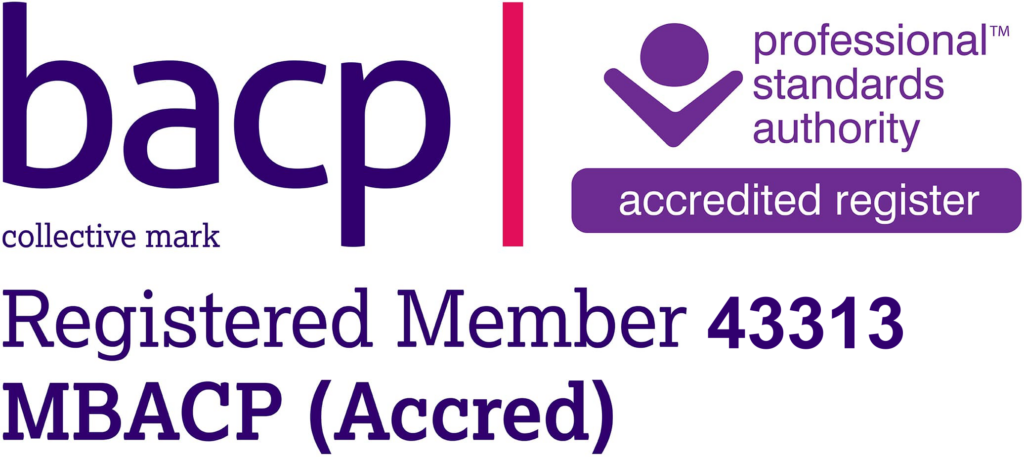People come to counselling because they feel bad and they want to feel better. They know it may be a little difficult at times, but they hope it will be swift and that they will see a clear improvement week by week. It makes sense doesn’t it? If your body aches, you go to see a professional, whether it’s a masseur or a chiropractor. It takes a few sessions and you’re done. If your feelings hurt, you go to see a counsellor. A few sessions of talking and you feel yourself once more.
And yes, often the first few counselling sessions may feel good. There’s a huge weight lifted off your mind. You’ve been carrying heavy baggage and finally you can put it down, or even better, let go of it completely. It even feels good to share those problems that you don’t admit to your closest friends.
If you just need short-term therapy you could end here. You’ve learnt some useful tools and you’re happy to get on with your life. But if your problems are deeper and you and your counsellor know that you need to carry on with therapy, the counselling may move out of this honeymoon period.
Weeks or months – or even years – down the line, there may well come a point when you uncover difficult feelings that don’t go away so easily. While the original problem was solved, now there are new ones.
Shouldn’t counselling feel good?
Is this how it should be, you wonder? Perhaps you shouldn’t be talking so much and simply get out more. Your friends say that the problem is your therapist and you should try theirs. Or maybe should you go with a different brand of counselling entirely? What about Gestalt therapy or CBT or even go for something completely different, such as Rebirthing?
Or does the issue really lie with you? Perhaps no amount of talking can help? Is the truth that you drew the short straw and you’re just one of those people who are stuck with feeling bad. Maybe that’s your lot in life?
When counselling doesn’t feel good: what’s really going on here?
If you are expecting counselling to feel good session after session, you are going to be disappointed. The truth is that talking about painful feelings and emotions is not often a quick fix. Once the initial feelings of relief and healing have subsided, it’s quite normal to find that more complex or difficult feelings rise to the surface.
The purpose of therapy isn’t actually to make us feel a little better each week. Though this sometimes happens, psychotherapy also brings a greater understanding of the depth, severity and prevalence of our problems. This may not always be pleasant. It may also involve periods of ‘stuckness’, when it seems as if you are going over the same things, time and time again.
Or our problems may seem bigger than they were. Where we thought we were just fed up with our jobs, we now find that much of our life appears to be founded on quicksand. Perhaps before, we just had issues with anger which needed some swift anger management strategies. Now (for example) we recognise that the entire way we relate to our loved ones is in question.
The process of therapy
If all this is putting you off, it may help to know something about the process of psychotherapy and counselling.
In the first few counselling sessions you and your counsellor are getting to know and trust each other and beginning to look at your concerns. You feel helped, supported and relieved. At last somebody really gets you and does so without judgement. That feels good. There’s also a sense of hope that things can change. That feels even better.
But as the counselling process continues, deeper, more painful emotions, perhaps related to earlier periods in your life, may surface, because you have cleared the way for them. Trust has built up between you and your therapist so that at an instinctive level you feel safe enough to look at these issues. You are also emotionally strong enough to do so.
But the deeper emotions and memories may feel less good. Before, there was a wound in early life. Back at the start of therapy, you could talk in general terms about how you felt about the wound. But now you are actually draining the infection and that’s a whole lot more unpleasant.
You may also feel confused. There may be a conflict between the old you and how you thought and behaved in the past, and a new evolving you. Outer relationships can become problematic. As you become more open and real about how you feel and clearer about who you really are, conflicts may arise with loved ones, who don’t want you to change.
The difficulty may be a good sign
They say that the darkest times come just before dawn. Thankfully, therapy doesn’t end with the difficulties. If you keep going, things may finally start to improve. Once painful memories are out in the open, they begin to lose their power. Putting the emotions and sensations you feel into words, helps your brain process the information. As you process, assimilate and change, you start to feel differently about your life. Your new sense of self becomes more solid. Relationships which no longer serve you may fall away, but new healthier ones can now be created.
So as they say, no pain no gain. A whole load of issues may have opened up and you may feel overwhelmed, but trust the process. Stick with it. If you shut things down now, the issues won’t actually go away. They surfaced before and they will probably resurface later, though in a new way.
But if you keep going with the therapeutic process and push through, eventually you will feel lighter and happier.
If you are drawn to the process of counselling and think that it could be what you are looking for, please get in touch.



